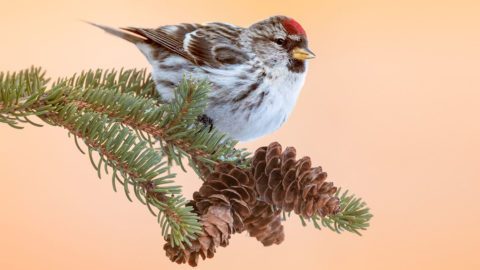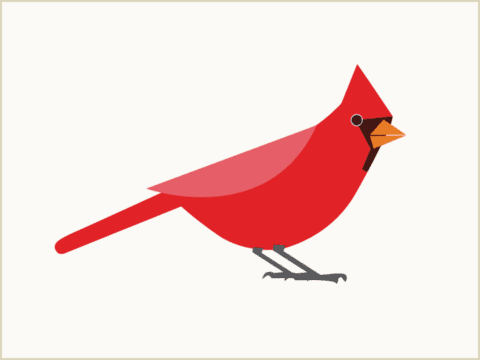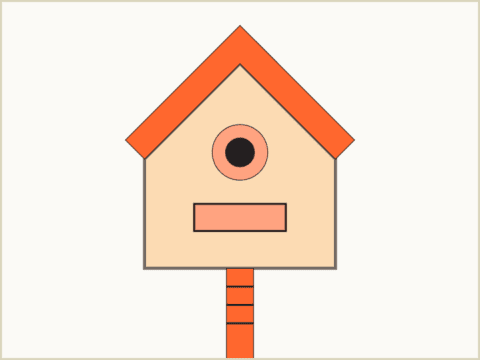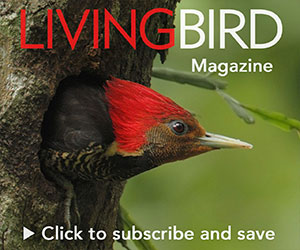Birders in the Tech Industry Are Helping Make Silicon Valley More Bird-Friendly
By Nick Neely
January 9, 2020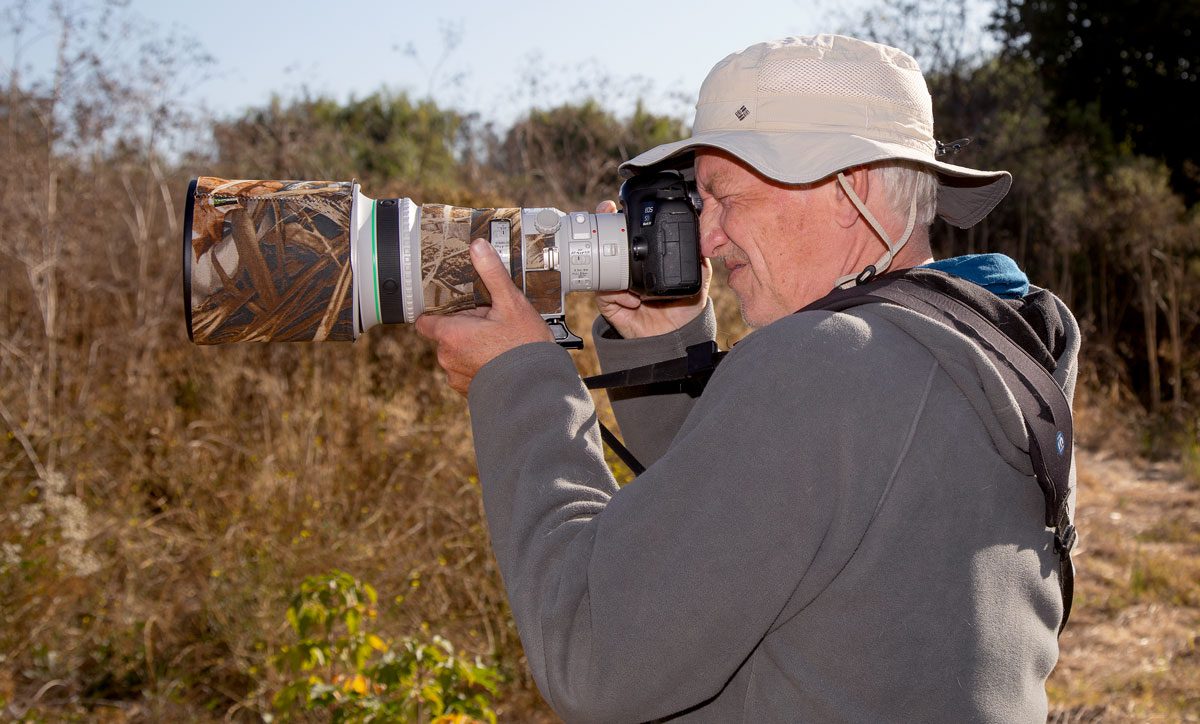
From the Winter 2020 issue of Living Bird magazine. Subscribe now.
This article originally appeared in print as a sidebar to Birding With Technology In The Year 2025: Our Predictions.
In the shadow of Levi Stadium (home to the NFL’s San Francisco 49ers) on a recent non-gameday Sunday, a group of five birders raised their telephoto lenses and snapped away at a Golden-crowned Sparrow in a tangle of branches. The walk was organized by the Santa Clara Valley Audubon Society, and the place was the Ulistac Natural Area—an oasis of nature that’s the only open-space park in the city of Santa Clara. This being Silicon Valley, these birders have day jobs at some of America’s hottest tech companies. For them, birding is a chance to decompress, refocus, and stay curious.
For semiconductor industry executive Vivek Khanzode—whose Instagram handle is @birdpixel and whose Twitter bio reads Electrical engineer during the week; Bird photographer on the weekends—birds are a form of feathered release.
“The tech stuff is generally very high stress,” Khanzode said while zeroing in his camera on a Hermit Thrush. “This is almost like meditation for me.”
Khanzode’s office is nearby, and he said that before work he sometimes strolls with his binoculars in Ulistac to clear his mind before it enters “the active groove” that the tech industry demands.
Standing beside him, Bill Walker, a site reliability engineering manager for Google, agreed: “[Birding] is very in the moment. It engages all your attention.”
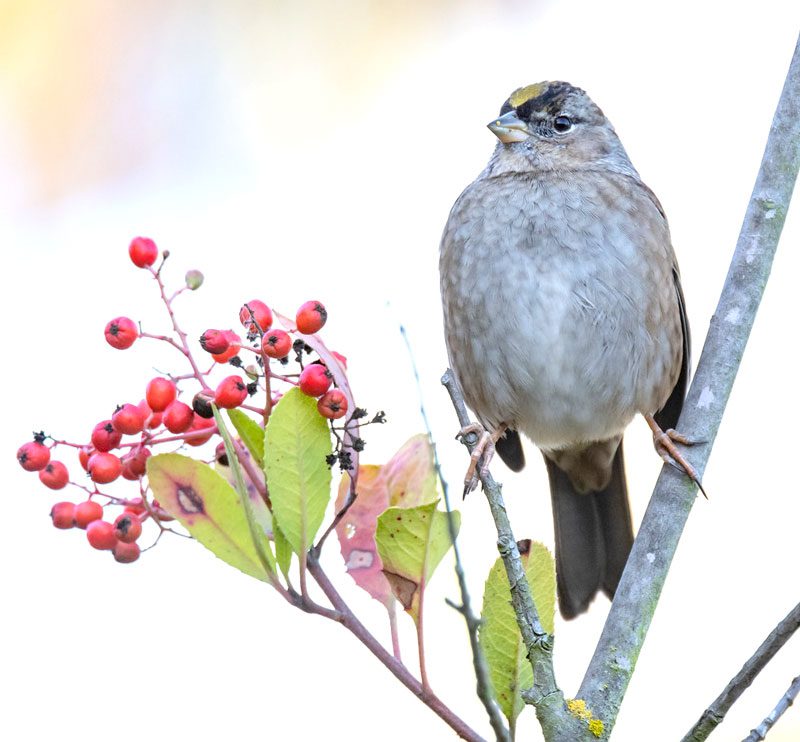
Walker recently volunteered to teach a bird photography class at Google, and 40 employees signed up. He also helps to organize “Egret Office Hours” on the Google campus, when he and fellow Santa Clara Valley Audubon members set up spotting scopes for people to look at and learn about a nearby egret and heron rookery in a row of sycamores.
Matthew Dodder, the executive director of Santa Clara Valley Audubon, says Egret Office Hours is an important kind of community outreach in Silicon Valley. Dodder says that any Google employee willing to step out of the office for a few minutes and scan the edges of the parking lot can discover that “[Birding] is not an exclusive thing.” He says the scopes are open to non-Google folks, too. Any passerby with a passing interest can get a good look at an egret on the nest.
In addition to birding walks and community outreach, Santa Clara Valley Audubon also partners with the biggest tech names in Silicon Valley on conservation projects. At Facebook headquarters in Menlo Park, the local Audubon chapter helps operate a bird-monitoring survey atop a 9-acre rooftop garden of native plants that functions as a private preserve (for badged employees only) and a model for corporate habitat. More than 60 species have been logged on eBird from the green roof, including Hooded Oriole and Black-throated Gray Warbler.
The chapter also pushed Facebook to adopt bird-friendly standards for the new Gehry-designed building on its campus. The building’s windows are fritted to reduce risk of collisions, and the roof’s edges are rimmed with smooth metal so raptors can’t perch and pick off threatened Snowy Plovers on the adjacent bay lands.
“Big Tech is continuing to build new buildings and expand to new campuses in Silicon Valley,” says Dodder. “By having close relationships with companies like Facebook and Google, the Santa Clara Valley Audubon Society can push them to do things like protect open spaces and corridors that birds need, use native plants for landscaping, and incorporate bird-safe design [in their buildings].
“It helps the birds as well as the public image of these companies.”
Freelance writer Nick Neely’s new book is Alta California: From San Diego to San Francisco, A Journey on Foot to Rediscover the Golden State.

All About Birds
is a free resource
Available for everyone,
funded by donors like you
American Kestrel by Blair Dudeck / Macaulay Library
